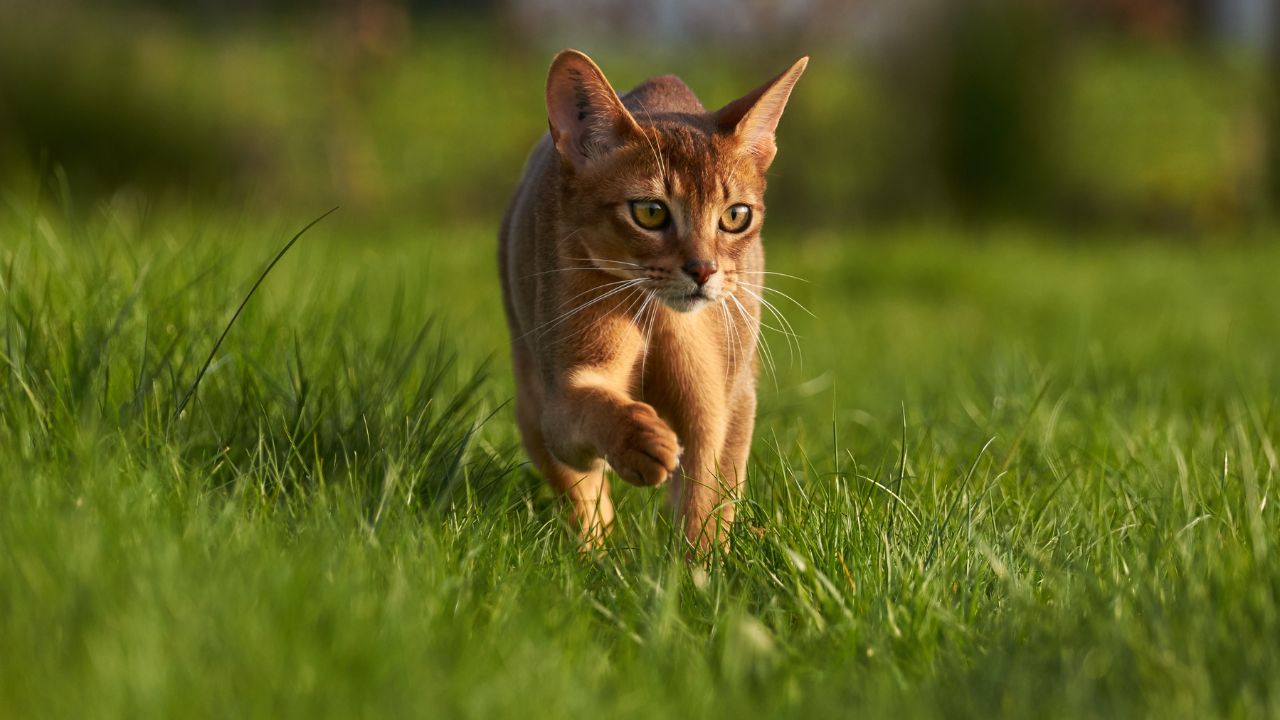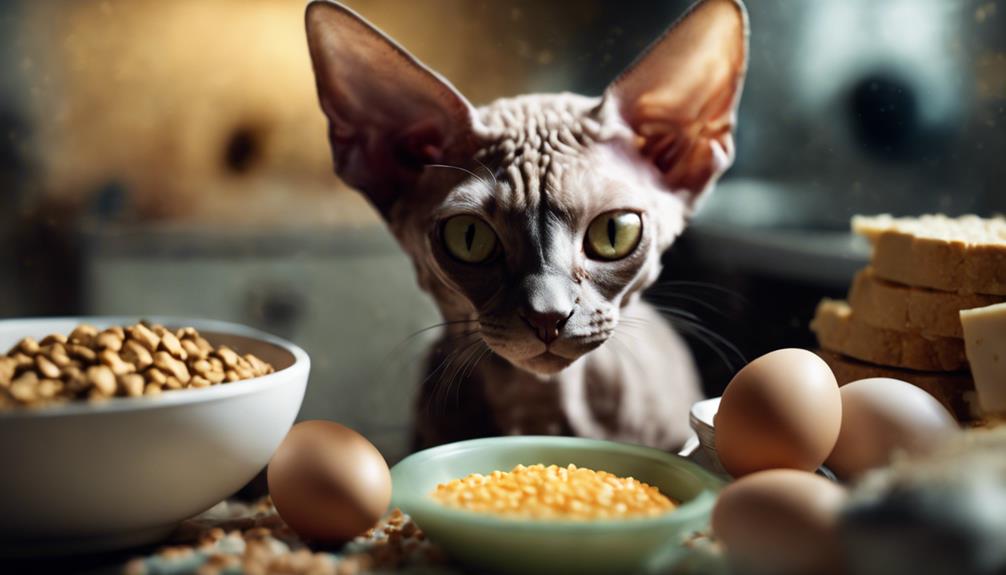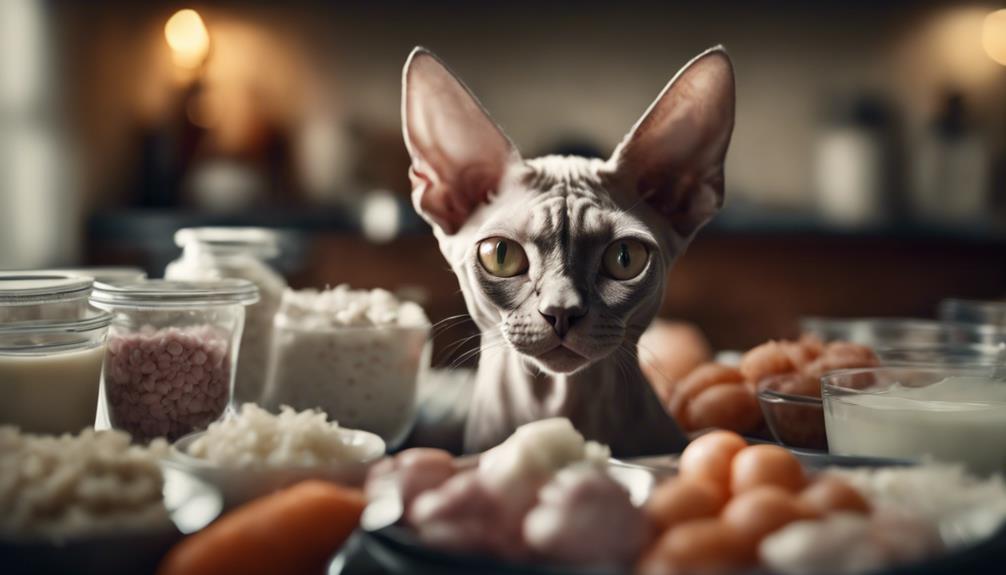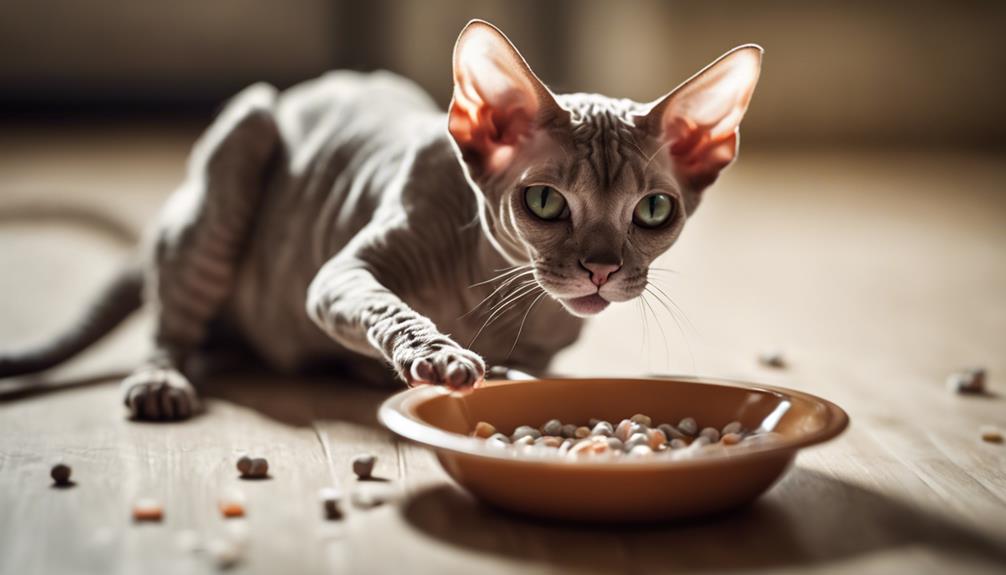If you’re considering getting an Abyssinian cat, there are several things you should know first. As an owner of an Abyssinian myself, I can attest that they are a wonderful breed, but they do have some unique characteristics that may not be suitable for everyone.
First and foremost, Abyssinians are highly active and curious cats. They love to explore and play, so it’s important to provide them with plenty of toys and stimulation. They also require regular exercise, so be prepared to spend time playing with your cat or providing them with opportunities to run and climb. If you’re looking for a low-energy lap cat, an Abyssinian may not be the best fit for you.
Another thing to consider is grooming. While Abyssinians have short hair, they do shed and require regular brushing to keep their coat healthy and shiny. They also tend to be fastidious groomers themselves, so you may notice them licking their fur frequently. Additionally, Abyssinians are prone to dental issues, so it’s important to establish a dental care routine early on to prevent problems down the line.
General Information on Abyssinian Cats
Before buying an Abyssinian cat, there are a few things I need to know. Let me start with the origin and history of this breed.
Origin and History
The Abyssinian cat is one of the oldest cat breeds, with a history that dates back to ancient Egypt. It is believed that the breed was brought to England by soldiers returning from Abyssinia (now Ethiopia) in the 19th century.
The breed was first exhibited in England in 1871 and was recognized by the Cat Fanciers’ Association (CFA) in 1906.
The breed has since become popular all over the world, thanks to its unique appearance and personality. Abyssinian cats are known for their intelligence, playfulness, and loyalty to their owners.
Physical Characteristics
The Abyssinian cat is a medium-sized cat with a muscular and athletic build. It has a short, fine coat that comes in a variety of colors, including ruddy, red, blue, and fawn. The coat has a distinctive ticked pattern, which gives it a wild appearance.
The breed has a wedge-shaped head with large, almond-shaped eyes that are usually green or gold. The ears are large and pointed, and the nose is slightly curved. The Abyssinian cat has a long, slender neck and a long, tapering tail.
Overall, the Abyssinian cat is a beautiful and elegant breed that is sure to turn heads wherever it goes.
Personality and Temperament of Abyssinian Cats
Behavior
As an Abyssinian cat owner, I can attest that they are friendly, interactive, animated, active, and playful. They love people and other animals, and they will talk to you in a soft, quiet voice. They are highly social creatures, and they will often follow you around the house, supervise your activities, and even try to help you with your work. They are curious and adventurous, and they love to explore every nook and cranny of your home.
However, Abyssinian cats are also highly intelligent and can get bored easily. They need plenty of mental stimulation and physical exercise to stay happy and healthy. If they don’t get enough attention and playtime, they can become destructive and develop behavioral problems such as aggression and anxiety.
Training
Training an Abyssinian cat is relatively easy, as they are highly trainable and responsive to positive reinforcement. They can learn a variety of tricks and commands, such as sit, stay, come, and fetch. They also enjoy interactive playtime with their owners, such as playing with toys or chasing laser pointers.
However, it’s important to note that Abyssinian cats are independent thinkers and may not always follow commands. They are not as obedient as some other cat breeds and may require more patience and persistence during training.
It’s essential to use positive reinforcement techniques, such as treats and praise, to encourage good behavior and avoid punishment or negative reinforcement.
Health and Care of Abyssinian Cats
Common Health Problems
Before buying an Abyssinian cat, it’s important to be aware of some of the common health problems that can affect this breed. Some of these include:
- Gingivitis and periodontal disease, which can be prevented through regular dental care and cleaning
- Hyperthyroidism, which can be managed through medication or surgery
- Renal amyloidosis, a genetic condition that can lead to kidney failure
- Pica, a condition where cats eat non-food items, which can be prevented through environmental enrichment and behavioral training

Grooming Needs
While Abyssinian cats have short, dense fur that doesn’t require much maintenance, it’s still important to groom them regularly to keep their coat healthy and shiny. Use a soft bristle brush or a slicker brush to gently brush your cat along with the direction that the fur is growing. This will help remove any loose hair and prevent matting.
You should also check your cat’s body regularly for any fleas, lumps, or bumps. When you do brush, make sure to check the skin for any signs of infection or irritation. You can clean dirt or waxy build-up with a soft, cotton cloth.
Nutrition and Feeding
Feeding your Abyssinian cat a healthy, balanced diet is essential for their overall health and well-being. Make sure to choose a high-quality cat food that is appropriate for their age, activity level, and health status. You should also avoid feeding your cat table scraps or human food, as this can lead to obesity and other health problems.
It’s also important to provide your cat with fresh, clean water at all times. Make sure to clean their water bowl regularly to prevent the growth of bacteria and other harmful organisms.
Cost and Availability of Abyssinian Cats
Breeder vs. Shelter
When it comes to buying an Abyssinian cat, you have two options: buying from a breeder or adopting from a shelter. Adopting from a shelter is often the more affordable option, with adoption fees ranging from $50 to $150.
However, finding an Abyssinian cat in a shelter may be difficult as they are a rare breed. On the other hand, buying from a breeder guarantees that you will get a purebred Abyssinian cat but it comes with a higher price tag.
Price Range
The price of an Abyssinian cat varies depending on several factors such as the cat’s age, gender, coat type, rarity, and breeder. Generally, the price range for an Abyssinian cat is between $350 to $2,500. If you’re looking for a show-quality cat with rare colors, expect to pay a higher price.
Additionally, owning an Abyssinian cat comes with additional costs such as food, litter, toys, and veterinary care. The monthly cost of owning an Abyssinian cat can range from $105 to $255.
Here’s a breakdown of the cost of owning an Abyssinian cat:
| Expense | Cost |
|---|---|
| Adoption fee (shelter) | $50-$150 |
| Purchase price (breeder) | $350-$2,500 |
| Food | $20-$50/month |
| Litter | $10-$20/month |
| Toys and accessories | $50-$100 |
| Veterinary care | $500-$1,000/year |
It’s important to keep in mind that the cost of owning an Abyssinian cat can add up quickly. Before making a purchase or adoption, make sure you have a budget in place to cover all the expenses that come with owning a cat.
Top Takeaways
Before buying an Abyssinian cat, there are a few important things to keep in mind:
- They need plenty of exercise: Abyssinian cats are highly active and love to play. Be prepared to provide plenty of toys and playtime to keep them happy and healthy.
- Regular grooming is a must: While Abyssinians have short hair, they still need to be brushed regularly to keep their coat healthy and shiny. Make sure to check for any skin issues or fleas while you’re grooming them.
- They’re highly intelligent: Abyssinians are known for being intelligent and curious cats. They love to explore and learn new things, so be prepared to provide plenty of mental stimulation.
- They’re social creatures: Abyssinians are highly social cats and thrive on attention and interaction. If you’re not able to spend a lot of time with your cat, you may want to consider getting a second cat as a companion.
- They can be prone to health issues: Like all cats, Abyssinians can be prone to certain health issues. Make sure to take your cat to the vet regularly for checkups and vaccinations.
Overall, Abyssinian cats make wonderful pets for those who are willing to provide plenty of love, attention, and care. If you’re looking for an intelligent, active, and affectionate companion, an Abyssinian may be the perfect choice for you!




